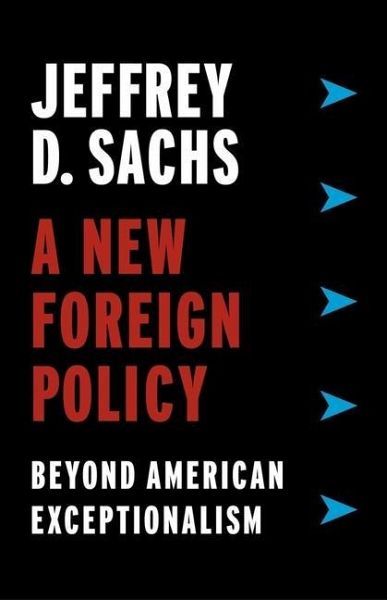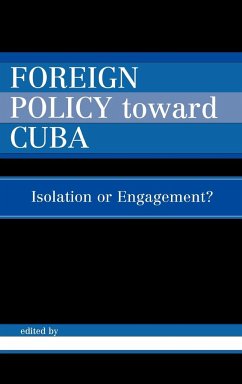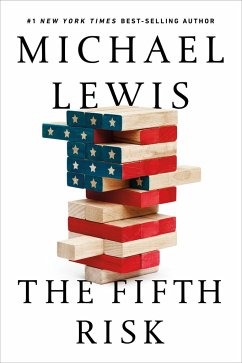
A New Foreign Policy
Beyond American Exceptionalism
Versandkostenfrei!
Versandfertig in über 4 Wochen
14,99 €
inkl. MwSt.
Weitere Ausgaben:

PAYBACK Punkte
7 °P sammeln!
The American Century began in 1941 and ended on January 20, 2017. While the United States remains a military giant and is still an economic powerhouse, it no longer dominates the world economy or geopolitics as it once did. The current turn toward nationalism and "America first" isolationism in foreign policy will not make America great. Instead, it represents the abdication of our responsibilities in the face of severe environmental threats, political upheaval, emerging diseases, mass migration, and other global challenges. A New Foreign Policy explores both the danger of the "America first" ...
The American Century began in 1941 and ended on January 20, 2017. While the United States remains a military giant and is still an economic powerhouse, it no longer dominates the world economy or geopolitics as it once did. The current turn toward nationalism and "America first" isolationism in foreign policy will not make America great. Instead, it represents the abdication of our responsibilities in the face of severe environmental threats, political upheaval, emerging diseases, mass migration, and other global challenges. A New Foreign Policy explores both the danger of the "America first" mindset and the possibilities for a new way forward, proposing concrete steps the United States must take to build a multipolar world that is prosperous, peaceful, fair, and resilient.












